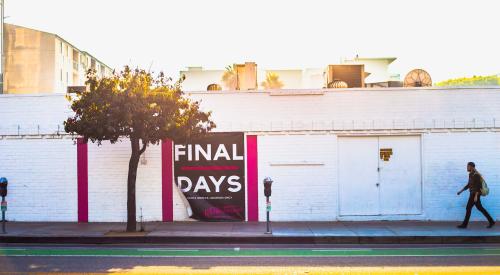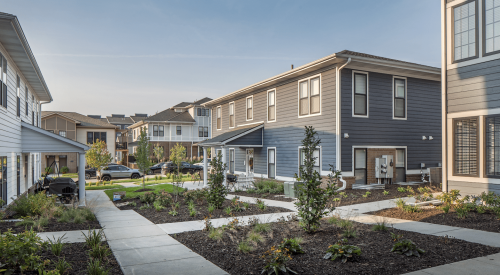A California bill currently in the works would change laws for single-family zones, allowing up to four units on one single-family lot. It would increase the state’s housing supply, but a study conducted by the Terner Center for Housing Innovation at UC Berkeley found “the vast amount” of single-family parcels will not be affected. The Terner Center says that under the so-called “upzoning” bill, 714,000 new homes would make the most financial sense to build, but those units would take years to construct and current homeowners may not want to sell or develop their property, reports the Los Angeles Times.
It would make financial sense for property owners to add those homes on 5.4% of the state’s 7.5 million single-family lots — or 410,000 parcels now zoned for only one traditional, single-family house. In L.A. County, a slightly higher proportion of single-family lots, 6.7% of the total there, would make sense to add units on. Garcia called the bill “a modest reform.”
“It will make a modest but important impact [on supply] over time,” he said.
The Terner Center, whose research focuses on how to increase housing supply, reached its estimates by examining construction costs, land values, parcel size, market rents and home prices, as well as other factors. It analyzed several potential scenarios, including converting an existing house into a duplex, keeping the house as is and putting a unit or two in the backyard, or demolishing the house and building up to four new homes.
The report’s findings add to the long-running debate about the merits of allowing more density on the traditionally prized single-family lot, an emblem of the California homeownership dream.
Proponents say SB 9 would add needed supply to ease a housing shortage — decades-long in the making — that has driven up California home prices and rents, but do so in a gentle way that’s largely compatible with each neighborhood‘s character. They also argue many of the units are likely to be smaller than the existing house and, accordingly, more affordable, bringing online more attainable options in areas near jobs and good schools.
But the bill has drawn strong opposition from many cities and single-family homeowner groups across the state, which say they fear it would destroy quiet neighborhoods with large, out-of-scale projects. And they say it would do so while not providing housing to those most in need and, in some cases, would accelerate gentrification.













